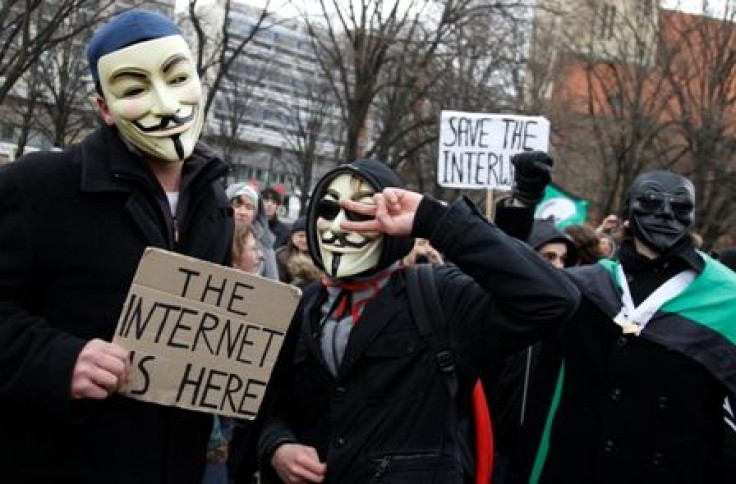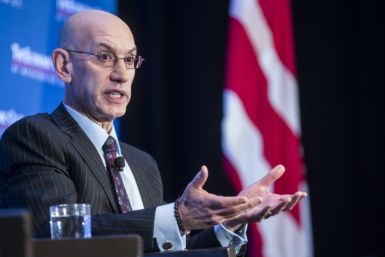Australian Senate Passes Anti-Piracy Website-Blocking Bill

The Australian Senate passed the controversial "anti-piracy website- blocking legislation" on Monday night. The bill passed generated mixed reaction. The Film and TV industry considered it to be a victory whereas for the rest of the citizens it was very shocking.
The bill blocked access to sites offering copyright contents for free on the basis of "online Infringement." It was introduced by Malcolm Turnbull, Communications Minister who intended to curb the spreading of online piracy that gained support from the Coalition and Labor. However, the Greens and Senators including David Leyonhjelm, Ricky Muir and Glenn Lazarus opposed it.
The Sydney Morning Herald reported that now copy right holders are allowed to charge people found to be infringing their productions which could be tested in the Federal Court. Internet providers in that case would have to comply to request of disabling access to piracy sites. Some popular sites such KickAss Torrents and The Pirate Bay would soon be blocked as it gave millions of Australians free access to download movies and Series without any limitations.
Simon Bush, head of the Australian Home Entertainment Distributors Association who fought to block such sites since five years expressed his overwhelming happiness by stating it to be a “watershed moment.” Similarly Foxtel chief praised the government for taking such strong action because he considered it to be a theft and morally degrading.
An associate professor at the ANU College of Law and one of the bill's critics Dr Matthew Rimmer, considered the action to be radical and expressed his concern over the lack of clarity within the bill. He raised questions about how methodical the government could be in blocking such sites.
Mr. Rimmer further said that legitimate sites could get blocked by internet service providers, hence, proposed for new laws under the bill. He insisted that the bill might be misused by the governments so as to block access to sites like Wikileaks. The Senate has been divided in their opinion with regard to the bill and the government declared to review the effectiveness of the laws in the coming 18 months. However, the bill was not formulated as a statutory requirement.
Contact the writer on priya.shayani@gmail.com






